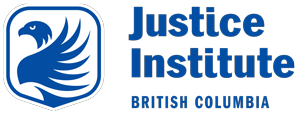In order to look after others, responders need to look after themselves first. The following was adapted from Stress Tips, which were developed by the British Columbia Disaster Worker Care Committee as a guide for emergency responders on what they can do before, during, and after their shifts to relieve stress.
Before Your Shift
- Assemble grab and go bag (see Figure 1-5)
- Update your family emergency plan
- Complete a Self-Assessment: Prior to an Assignment (BC Disaster Worker Care Committee, n.d.) (see Figure 1-1)
- Communicate with your family/friends/employer
During Your Shift
- Know when your shifts start and end
- Know who is in charge
- Check in with yourself several times during your shift: –– How am I doing? What do I need?
- Take 5 minutes alone or with a colleague
- Get up, stretch and take a deep breath
- Drink water
- Take toilet breaks
- Fuel yourself — eat healthy, as close as possible to regular meal times
- Look out for each other — buddy system
- Talk clearly and calmly
- Take time to listen
- Address issues when they arise
- Remember to smile
- Ask for help when you need it
After Your Shift
- Participate in debriefings
- Get together with colleagues
- Find some way to connect
- Get some sleep
- Get some exercise
- Fuel yourself — eat healthy
- Check-in with family and friends
- Do what is relaxing for you
- Talking helps
- If alcohol is used for relaxation, use in moderation
Peer Support
Encourage and support your colleagues by sharing experience(s), knowledge, skills, and information. Being there for each other will ensure connectivity between you and your colleagues. And by behaving this way, it welcomes others to do the same, which in turn creates a healthier environment (The Salvation Army & Emergency Management BC, 2012).

